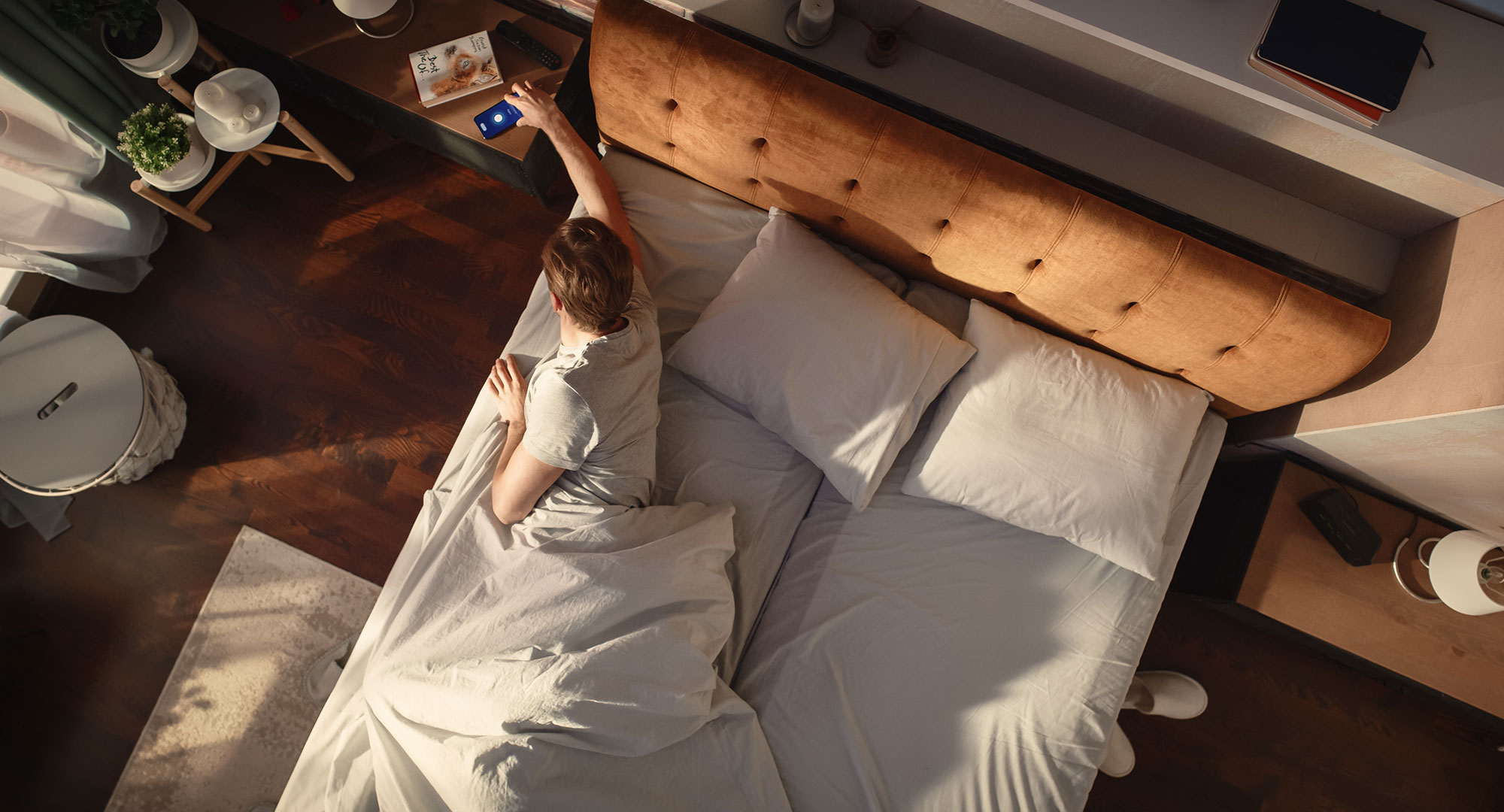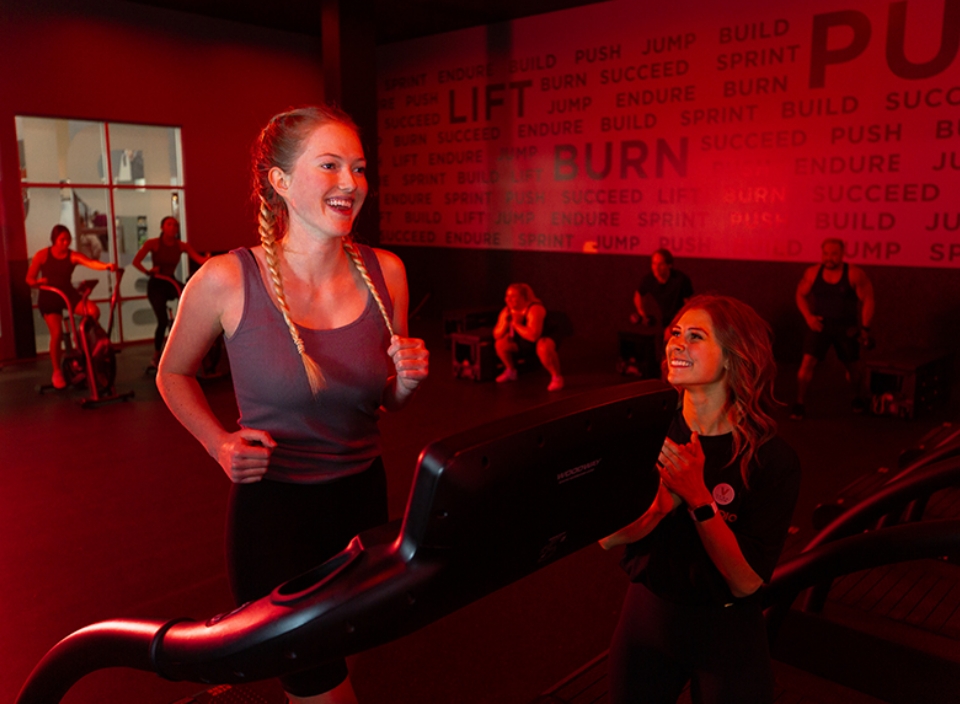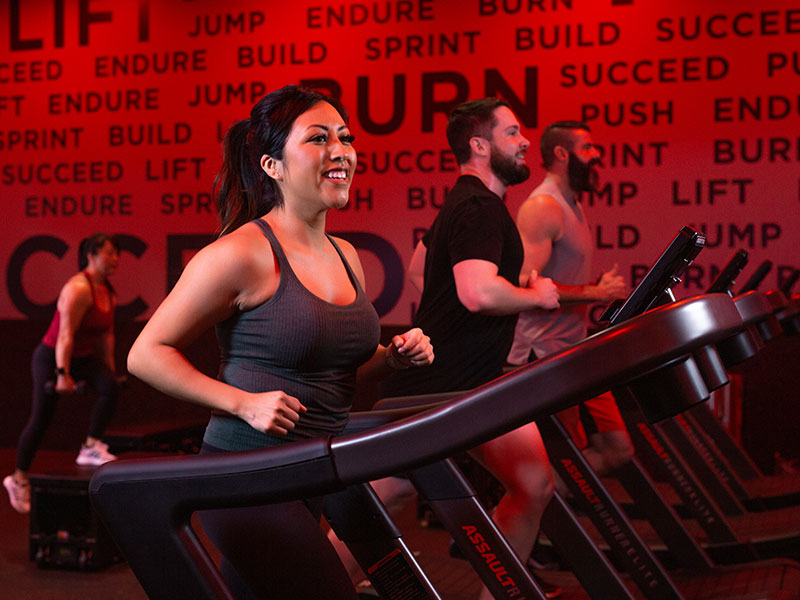How to Improve Your Sleep
Sleep: it sounds so easy, but for many of us, getting a good night’s sleep can be so hard. After struggling to sleep for many years, I decided to work with an insomnia coach to fix my sleep. It took a lot of discipline, but after about three months, I started to see improvements. And now more than a year later, I can say my sleep—and life—are so much better. Here are the key things I learned during my journey and the changes I made that had the biggest impact on improving my sleep. I hope these tips help you, too!
Only Sleep in Bed
I used to read, work, watch TV, and scroll on my phone in bed. My coach said this made my brain think bed was for being awake. So, I moved all those activities to my couch and kept my bed only for sleeping. Now, my brain knows bed means sleep.
If I don’t fall asleep in 15-20 minutes, I get up and sit on the couch for 10-15 minutes, then try again. If you’re unsure if it’s been 20 minutes, it probably has. This tells my brain that awake activities are not for the bed. At first, I would get out of bed four or five times a night, but after a couple weeks it got better.
Consistent Wake & Bed Times
The hardest part was setting regular wake and bed times. I like morning workouts, so I wake up at 5:30 am. Waking up at the same time every day, even on weekends, is crucial for setting your internal clock.
To find your bedtime, count back from your wake time. Aim to be in bed (not necessarily asleep) for six to seven hours. For me, that means going to bed at 10:30 pm. If I don’t fall asleep in 15 minutes, I get up, move to the couch, and try again. Even if you’re tired, wake up at the same time every day. Eventually your body will be so tired, you’ll fall asleep immediately. And this is how you retrain your brain and body. Try to avoid naps, though, as they can mess up your internal clock. If you must nap, keep it under 20 minutes.
Once you fall asleep easily and consistently (for at least two weeks), extend your bedtime by 15 minutes. Now, I go to bed at 9:30 pm and wake up at 5:30 am.

Create a Restful Environment
An hour before bed, dim or turn off the lights and/or turn off your lights and light candles. Cool your house to 65-68 degrees. Minimize noise and turn off anything stimulating like music, podcasts, or TV.
Quiet Your Mind
An hour before bed, put away screens, including phones and TVs. Blue light from screens can mess with your sleep cycle. Write down your thoughts, worries, and to-do lists to clear your mind. I also write three things I’m grateful for to end the day on a positive note. Reading can also help you relax, but choose something light, and maybe save those suspense novels for daytime reading.
Food, Coffee, and Exercise
Eat your last meal at least two hours before bed to give your body time to digest. And stop exercising at least two hours before bed. Exercise gives you energy, so you’ll need time for your body temperature to stabilize and wind down before bed. Additionally, cutting out caffeine at least 10 hours before bed can improve your sleep. Everyone is different, so find what works best for you, but earlier is always better.
RECOMMENDED
SUBSCRIBE TO OUR BLOG
Enter your email to start receiving our blog emails!









